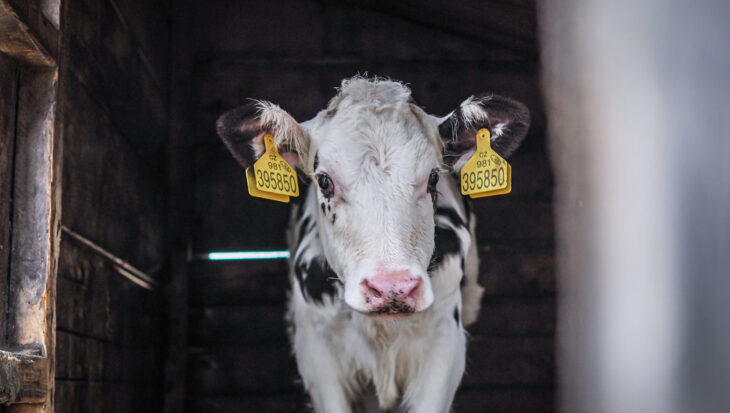This seems fitting as tens of millions of animals have suffered and died in British laboratories, and globally, before that date and ever since.
In 1979, animal experiments were still conducted under ‘The Cruelty to Animals Act 1876’. Astonishing that a law, more than a century old was being used for animal experiments while knowledge of their inadequacies increased and science progressed apace. The current law which now covers animal experiments – ASPA – would not become into being until 1986.
Since 1979, the name used by most activists and animal groups has changed to ‘World Day for Animals in Laboratories’ (WDAIL). These are animals who are trapped in laboratories but are not very different to their counterparts in fields across the countries, in our homes and gardens (other than those animals who have been harmed and genetically mutated over the years in the name of science.)
In 1979 Animal Aid campaigned against the LD50 test. This terribly cruel test was devised in 1927 and involves groups of animals being given increasing doses of a substance until half of the group are dead – they are often fed the substance, and their suffering is immense. 98 years old this year, the LD50 is still conducted today.
A similarly named test is the LC50 – the lethal concentration 50% test. In this test, instead of being fed the substance, animals are made to inhale it, sometimes for several hours, again until half of them are dead. The latest statistics show that, in Great Britain, 11,519 procedures classified as LD50 and LC50 were conducted in 2023
Science has progressed so much since the first ‘World Day’ – 11 years later in 1990, the human genome project would be launched, to provide a blueprint of the human genetic code. The project was completed in 2003. Five years later, XCellR8 – the only vegan laboratory in the world – was founded. Five years later, they won the 2013 LUSH training Prize. That same year, in March, in the EU the marketing of cosmetic products containing ingredients tested on animals, anywhere in the world, was banned. In 2022, Animal Aid began our collaboration with XCellR8. We gave them a grant to develop a fully animal-free, vegan, replacement to the oral LD50. This text, AcutoX, is now being used by companies today and is saving animals’ lives. Our relationship with XCellR8 continues today.
Along with most other industries which harm and kill animals, animal experiments are shrouded in secrecy. While we know some facts and figures about animal experiments, we don’t know how many animals are bred to be harmed in laboratories but are not used. Nor do we know how many animals, those not categorised as ‘protected animals’ – decapod crustacea, early-stage larval animals and those without a backbone and wild animals subject to poisons – are harmed and killed.
What we know:
- Animals in laboratories are not covered by the Animal Welfare Act, as those outside laboratories are. Instead, they are covered by ‘ASPA’ – the Animals (Scientific Procedures) Act – which is ‘permissive’ as it specifically allows the infliction of ‘pain, suffering, distress and lasting harm’ on animals.
- No-one has ever been prosecuted for the animals who have drowned, starved to death, escaped, become trapped and died or been steamed to death in laboratories in Great Britain. These deaths were not part of an ‘experiment’ but cases of neglect and oversight.
- Science which is based on harming animals to help humans is both cruel and unreliable.
- There are better, safer, non-animal new approach methodologies (NA-NAMs) which should be used instead of animals.
How can you help?
The new government has pledged to phase out animal experiments, a commitment that was welcomed by us and other like-minded organisations. This promise is a critical focus for us, and we are dedicated to ensuring that the government upholds it. We will continue to advocate for the government to support our roadmap and take concrete steps towards ending animal experiments, every single day.


